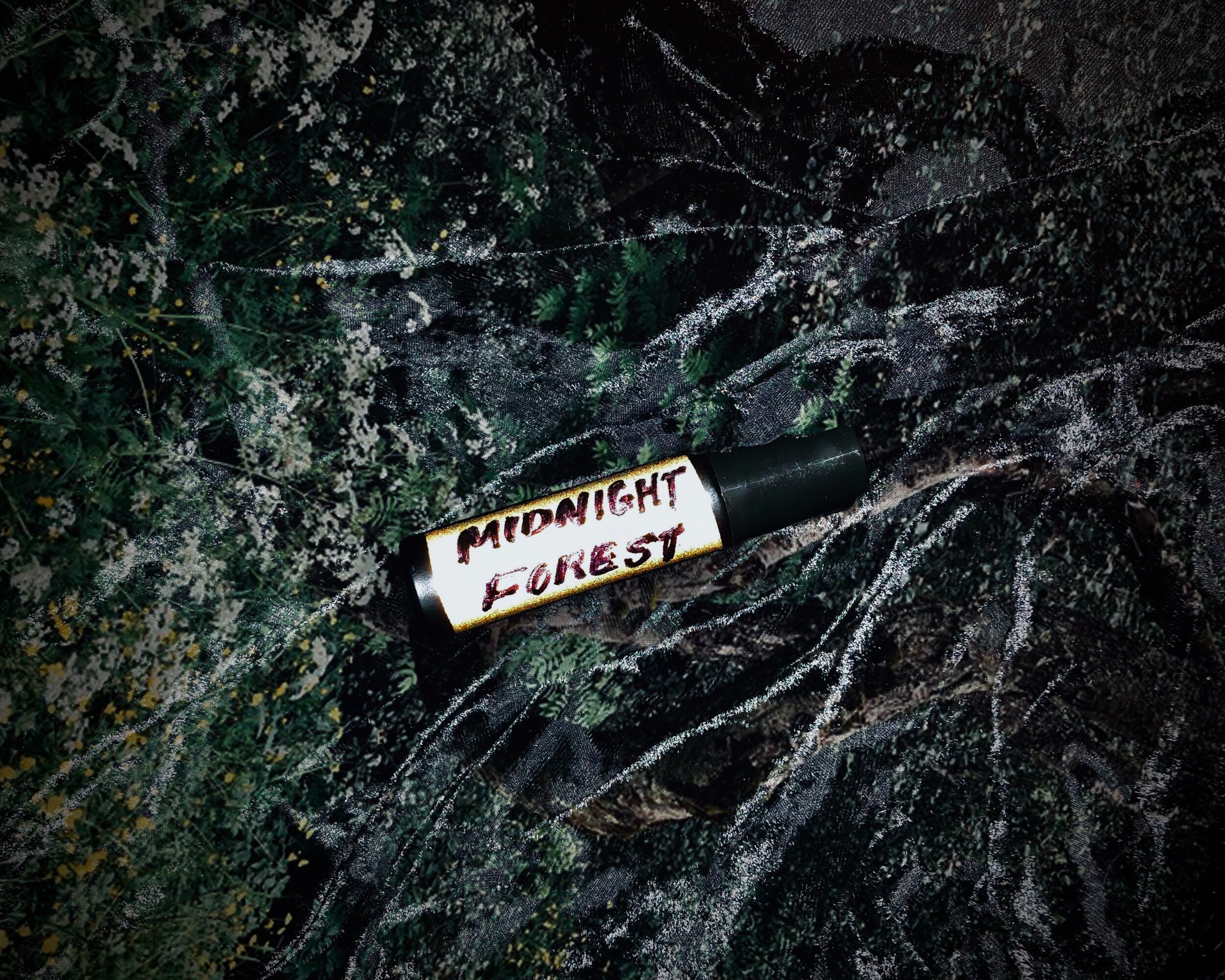PERFUME AND OTHER EPHEMERA MEDIA
“…in the ghost house, memories guilefully surface, and I find therein biography and fiction similar enough to be superimposed. This melancholic perfume, it lingers long after the ghost is gone, the smell evoking the past present moment... its presentness is apparent as os its fragmentary narrative. In the same way, the obliterated leaves traces in the gauze of a fleeing present”
“As an embodied practice, cruising often entails shuttling back and forth and surveying a scene for erotic opportunities and interested partners... cruising offers a useful model for how we might permit conceptual and temporal shifts when considering a reader’s textual encounter with the past and attending to his or her location in the present...”
“In mixing together fragments of historical plant knowledge, literary quotations, and gardening experiences, with ... often erotically charged memories of gardens... we read each species...—primrose, rosemary, narcissus, dill, daffodil, bugloss—in light of its role in sexual histories as well as the botanical ones with which sex has been historically intertwined...”
“Odors have a power of persuasion stronger than that of words, appearances, emotions, or will. The persuasive power of an odor cannot be fended off, it enters into us like breath into our lungs, it fills us up, imbues us totally. There is no remedy for it.”
“...The cultural depiction of the body in nature...presents an ambivalent relationship between gender, sexuality, and landscape. The pastoral genre... is rooted in the reconstruction of idealized fragments of nature. The pastoral landscape is marked by an emphasis on the search for sensual authenticity in nature through the invocation of an imaginary space that lies outside of history. Yet this pastoral ‘state of innocence’ is also sexually ambivalent... and has been a long-standing literary genre for homoeroticism.”














